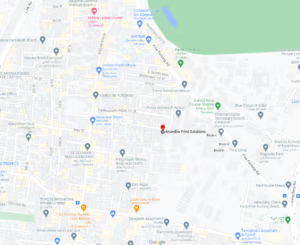QR Code Labels and Stickers manufacturer for Industrial Applications
Introduction: What Are QR Code Labels and Stickers?
In today’s fast-paced digital world, businesses are constantly seeking innovative ways to streamline operations and improve efficiency, especially in industrial applications. QR code labels and QR code stickers have emerged as essential tools in a wide variety of industries. From tracking inventory to managing assets and streamlining production processes, these labels help provide immediate access to crucial information with a simple scan.
These labels are two-dimensional barcodes that, when scanned by a smartphone or other scanning devices, link users to digital data such as web pages, documents, or product information. They are increasingly used in industrial environments because they offer a reliable and efficient way to manage information, track assets, and improve overall operational workflow.
This article delves into the applications, benefits, and features of these labels and stickers in industrial settings, with a focus on high-grade, durable solutions that meet the demanding needs of modern industries.
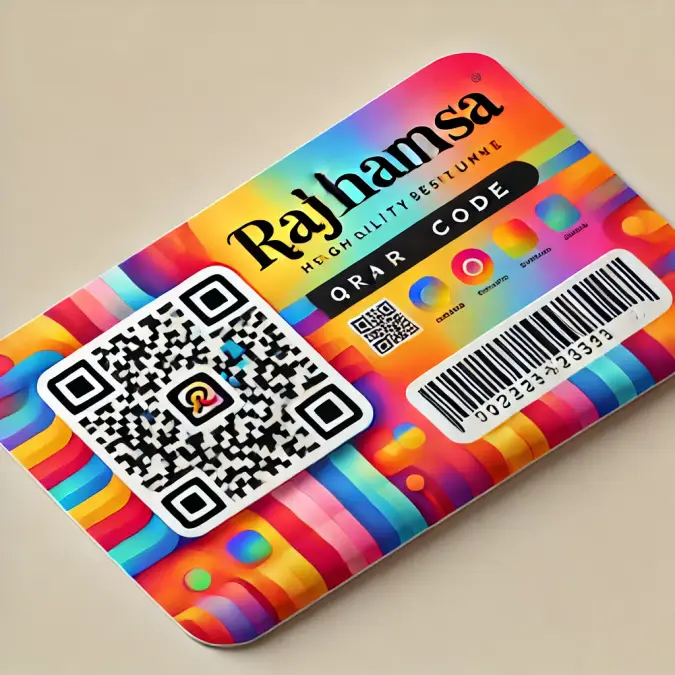
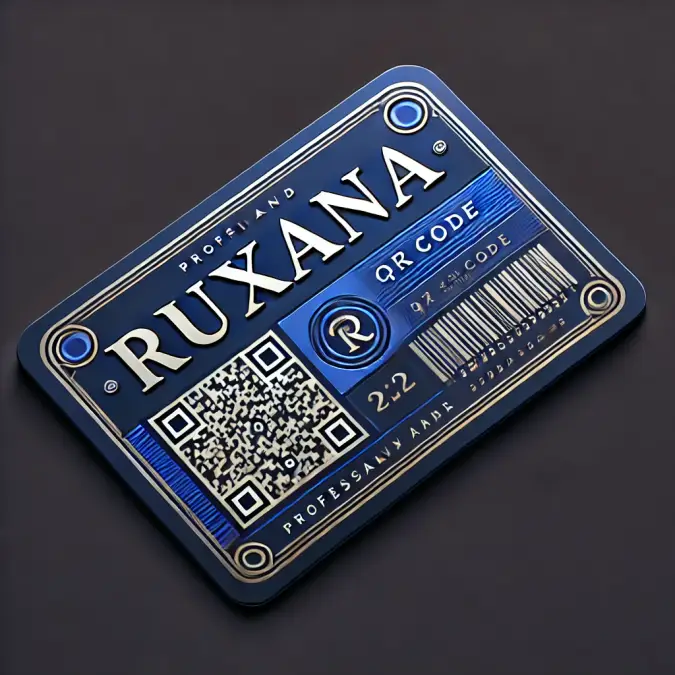
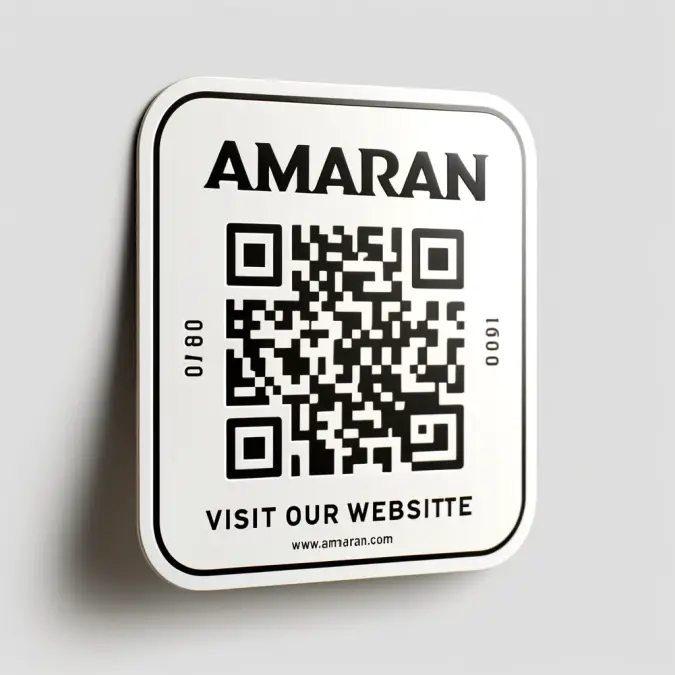
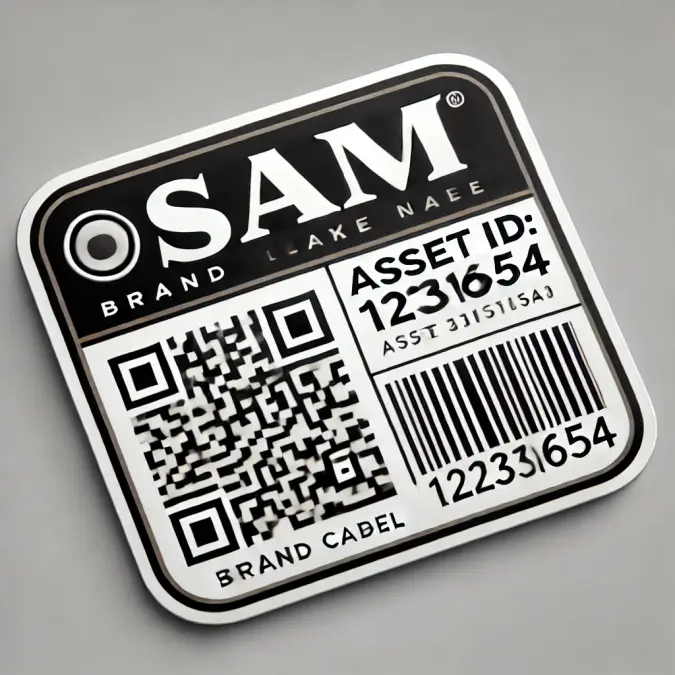
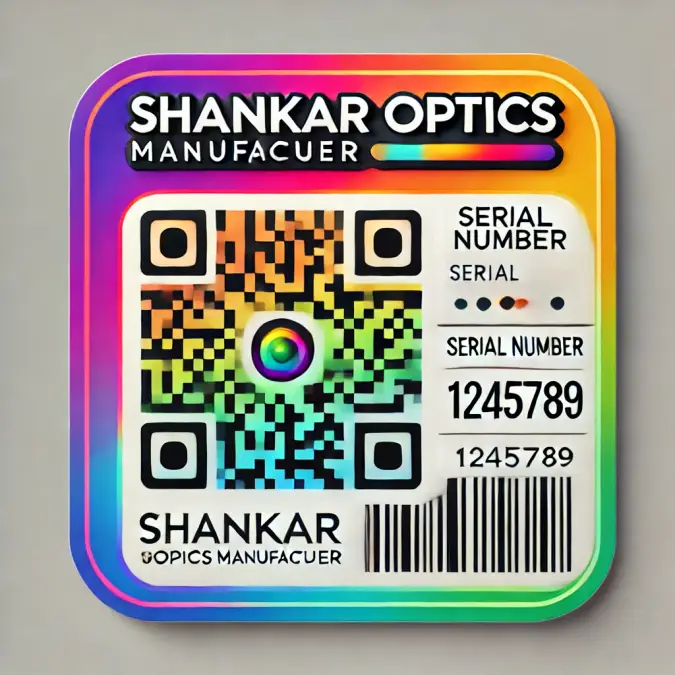
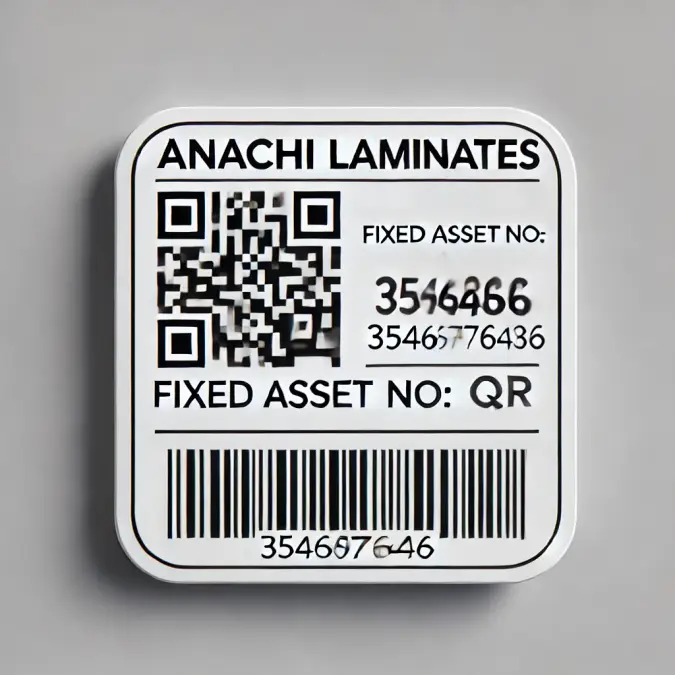
Why Use QR Code Labels in Industrial Applications? High-Grade Quality for Maximum Efficiency
In industrial environments, the need for quick access to information is critical. From manufacturing plants to warehouses, They offer numerous advantages:
Instant Access to Information
They provide instant access to essential information. With a quick scan, users can retrieve important details such as part numbers, maintenance instructions, safety protocols, or user manuals. This eliminates the need for bulky paper documentation and ensures that the most up-to-date information is readily available.Streamlined Asset Management
One of the primary applications of these stickers in industrial settings is asset tracking. By assigning a unique QR code to each piece of equipment, companies can easily track assets across different locations. Scanning the code provides real-time access to the asset’s current status, including its location, condition, and maintenance history.Inventory Management and Control
In warehouses and factories, managing inventory efficiently is crucial to maintaining production schedules. These labels allow workers to quickly scan items as they move in and out of stock. This provides real-time visibility into inventory levels, reducing errors and ensuring that inventory data is always accurate.Improved Maintenance Schedules
Maintenance is a key component of any industrial operation. These Stickers can store important maintenance data, including the last service date, upcoming maintenance tasks, and detailed equipment manuals. Technicians can access this information instantly by scanning the label, reducing downtime and improving the efficiency of maintenance procedures.Compliance with Regulations
Many industries must adhere to strict safety and regulatory standards. They can store critical compliance information, such as safety protocols, certifications, and hazard warnings. Scanning the label ensures that workers have easy access to the information they need to stay compliant with industry regulations.
High-Grade Quality QR Code Labels for Industrial Use
Not all QR code labels are created equal, and industrial applications demand high-grade quality that can withstand harsh environments. In industries like manufacturing, oil and gas, and logistics, labels are often exposed to extreme temperatures, moisture, chemicals, and heavy use. Therefore, it’s essential to choose right labels that are durable, long-lasting, and capable of maintaining their integrity under tough conditions.
Features of High-Grade QR Code Labels and Stickers for Industrial Use
Durable Materials
Industrial QR code labels are made from high-grade materials such as vinyl, polyester, or metal, depending on the application. These materials are designed to withstand harsh conditions like exposure to chemicals, oil, UV rays, and water. They ensure that the label remains scannable and intact even in challenging environments.Weatherproof and Waterproof
Many industrial settings requirethese labels that can resist extreme weather conditions. High-quality QR code stickers are built to be waterproof and weatherproof, making them ideal for use in outdoor environments or areas where moisture is present. This guarantees that the labels remain functional, even in the rain, snow, or humid conditions.Chemical and Abrasion Resistance
In industries such as chemical processing or manufacturing, equipment is often exposed to corrosive chemicals or abrasive materials. These labels are used in these environments must be able to withstand chemical exposure and resist wear and tear. High-grade labels are coated with protective layers that shield them from these elements, ensuring long-term durability.High-Temperature Tolerance
Many industrial operations involve high temperatures, especially in sectors like metalworking or automotive manufacturing. High-grade QR code labels are specifically designed to tolerate extreme heat without peeling, fading, or becoming unreadable. These labels are ideal for use on machinery or equipment that operates at elevated temperatures.Strong Adhesive for Reliable Application
The adhesive used on industrial QR code stickers is just as important as the material itself. High-grade labels feature strong adhesives that bond securely to various surfaces, including metal, plastic, and wood. The adhesive must be resistant to peeling or bubbling, even when exposed to heat, moisture, or rough handling.Customizable for Specific Industrial Needs
Industrial applications often require custom solutions. High-grade labels can be customized with specific codes, logos, or additional text to suit the unique needs of your industry. Customization ensures that the labels meet both functional and aesthetic requirements, offering versatility in design and purpose.
Industrial Applications of QR Code Labels
Manufacturing Plants
In manufacturing environments, equipment and parts need to be tracked and maintained regularly. They are used on machinery, tools, and even raw materials to keep track of their location, usage history, and service requirements. Scanning a QR code on a piece of machinery can instantly provide access to maintenance logs, reducing downtime and increasing productivity.Warehousing and Logistics
Warehouses rely on efficient inventory management to meet the demands of production schedules and customer orders. These stickers on inventory items make it easy for workers to scan and update inventory levels in real-time. They also facilitate the tracking of shipments, enabling seamless logistics and supply chain management.Construction Sites
On construction sites, equipment is constantly moving from one location to another. They are used to track heavy machinery, tools, and construction materials. They help project managers monitor the usage and condition of equipment, ensuring that everything is in the right place and properly maintained.Oil and Gas Industry
The oil and gas industry presents some of the most demanding conditions for equipment and materials. QR code labels in this sector must be highly durable, withstanding exposure to harsh chemicals, extreme temperatures, and challenging environmental conditions. These labels are used on pipelines, tanks, and other equipment to provide critical data about maintenance schedules and regulatory compliance.Aerospace and Defense
In the aerospace and defense industries, precision and compliance are paramount. These labels are used to track components, ensure regulatory compliance, and manage inventory. High-grade, durable labels are essential to ensure that critical data remains accessible, even in harsh operating conditions.
Best Practices for Using QR Code Labels in Industrial Settings
To maximize the benefits of these labels in industrial applications, it’s essential to follow best practices for their use and implementation:
Strategic Placement
Ensure that QR code labels are placed in easily accessible locations where they can be scanned without difficulty. Avoid placing labels on curved or uneven surfaces that may distort the code and make scanning challenging. The placement should also take into account the environmental factors, such as heat or moisture exposure.Regular Testing and Maintenance
They should be regularly inspected to ensure they remain intact and scannable. In high-use environments, labels can become damaged over time. Routine testing ensures that the information remains accessible, and labels can be replaced when necessary.Integration with Software Systems
For maximum efficiency, integratethese labels with asset management, inventory control, or maintenance tracking software. This allows real-time updates when items are scanned, providing up-to-date information on asset location, condition, or inventory levels.Employee Training
Ensure that all employees are trained on how to properly scan and use these labels. While QR codes are generally intuitive, providing training ensures that workers understand how to retrieve information and input data effectively, further optimizing the use of these labels.
The Future of QR Code Labels in Industrial Applications
As technology advances, QR code stickers and labels will continue to evolve. Innovations such as dynamic labels, which can be updated without replacing the label, and the integration of QR codes with IoT (Internet of Things) devices are expected to transform the way industries manage assets, track inventory, and ensure compliance.
Dynamic QR codes allow businesses to update the information stored within the embedded code without needing to print new labels. This flexibility is particularly valuable in environments where information changes frequently, such as in supply chain management or product tracking.
Conclusion: The Importance of High-Quality QR Code Labels manufacturer in Industrial Applications
These labels and stickers are indispensable tools in modern industrial applications. Their ability to provide instant access to critical information, streamline asset tracking, and ensure regulatory compliance makes them a vital component of efficient operations. However, not all labels are suitable for the rigors of industrial environments.
Choosing high-grade quality QR code stickers ensures that they remain durable, scannable, and effective even in harsh conditions. Whether you’re in manufacturing, construction, logistics, or oil and gas, investing in top-quality stickers will save time, reduce costs, and improve operational efficiency.
Contact Details:
Address:
ANANDHA PRINT SOLUTIONS PVT LTD
32/2, First Floor,
Sathanipet 2nd Street,
Adj. Five Furlong Road,
Maduvinkarai, Guindy,
Chennai, Tamil Nadu,
India- 600 032.
Phone:
+91 98409 64267
Email:
info@aprints.in
sales@aprints.in
admin@aprints.in
accounts@aprints.in
design@aprints.in
Geo – Domestic State Supplies
Andhra Pradesh | Arunachal Pradesh | Assam | Bihar | Chhattisgarh | Goa | Gujarat | Haryana | Himachal Pradesh | Jharkhand | Karnataka | Kerala | Madhya Pradesh | Maharashtra | Manipur | Meghalaya | Mizoram | Nagaland | Odisha | Punjab | Rajasthan | Sikkim | Tamil Nadu | Telangana | Tripura | Uttarakhand | Uttar Pradesh | West Bengal
Geo – Domestic City Supplies
Chennai | Mumbai | Kolkatta | Delhi | Bengaluru | Hyderabad | Coimbatore | Thirchy | Madurai| Salem | Erode | Kanyakumari | Thanjavur | Tirunelveli | Vellore | Tiruppur | Kochi | Thiruvananthapuram | Kozhikode | Thrissur | Kollam | Tumkur | Mangalore | Mysore | Udupi | | Davangere | Dharwad | Hubli | Belgaum | Chitradurga | Karwar | Batkal | Visakhapatnam | Vijayawada | Nellore | Sri City (Tada) | Rajahmundry | Ongole | Tirupathi | Kakinada | Amaravathi | Guntur | Anantapur | Kadappa | Ahmedabad | Surat | Vadodra | Rajkot | Bhavnagar | Jamnagar | Jaipur | Jodhpur | Udaipur | Ajmer
International Supplies
Asia- Malaysia | Singapore | Japan | Korea | Thailand | Myanmar | Indonesia | Vietnam | Cambodia | SAARC- Srilanka | Bangladesh | Nepal | Bhutan | Afghanistan | Africa- Algeria | Ethiopia | Ghana | Nigeria | Uganda | Kenya | Tanzania | Uganda | Zambia | Zimbabwe | Egypt | Middle East- UAE | Kuwait | Qatar | Oman | Kingdom of Saudi Arabia | Bahrain | Jordan | Europe- United Kingdom | Germany | France | Switzerland | Italy | Spain | Portugal | Norway | America– United States Of – America | Canada | Mexico | Brazil | Argentina | Greenland | Other Countries – Russia | Australia



